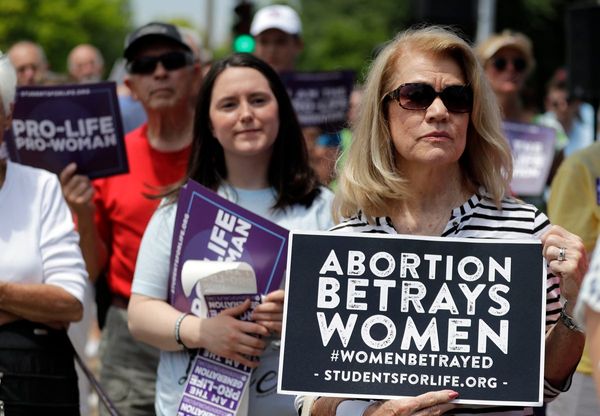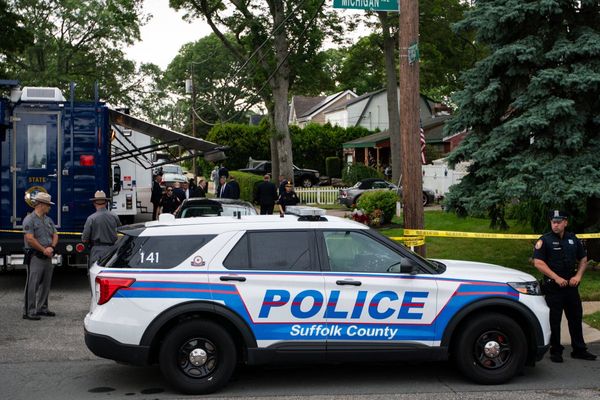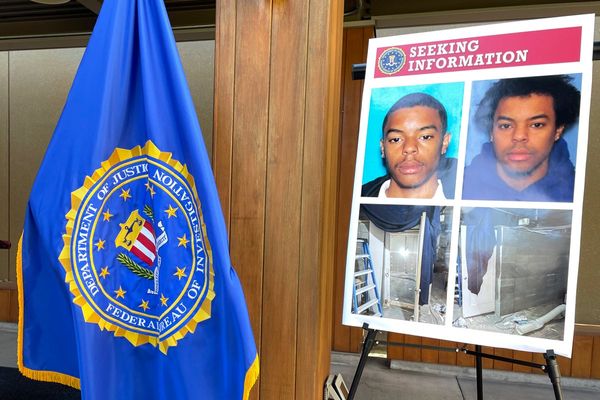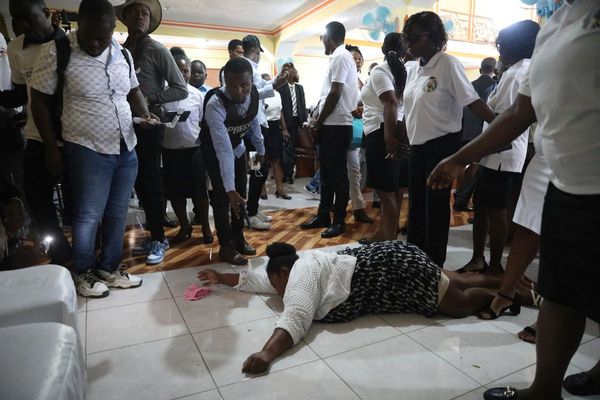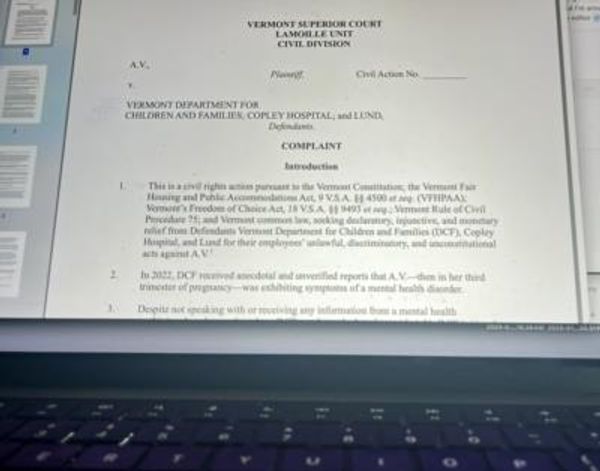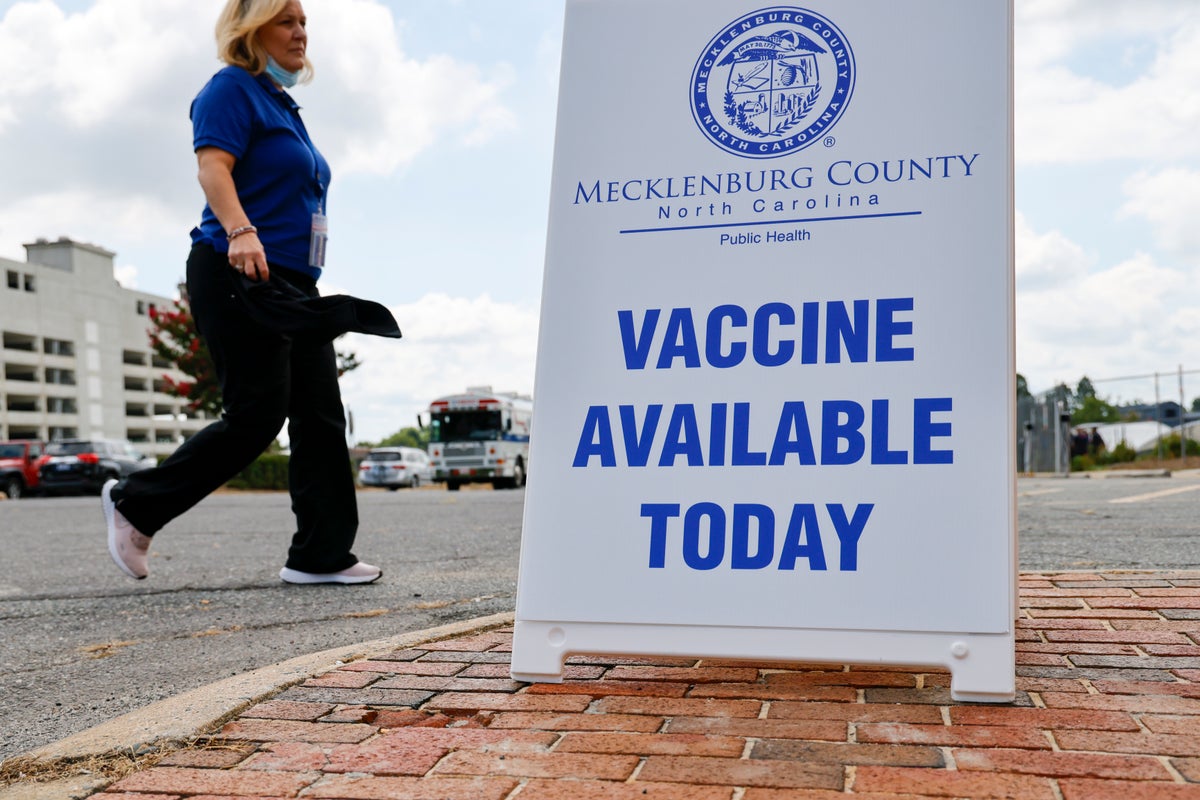
British health authorities will begin offering eligible people just a fraction of the normal monkeypox vaccine dose to stretch supplies by about five times, in line with similar decisions to extend available doses in Europe and the U.S.
In a statement Monday, Britain’s Health Security Agency said patients at clinics in Manchester and London would soon get just one fifth the regular monkeypox vaccine dose as part of ongoing research, citing earlier work suggesting the smaller dose provided as effective an immune response as a full dose.
Last week, the European Medicines Agency authorized the move for its 27 members across the continent, echoing the decision made by U.S. regulators earlier this month.
“Adopting this tried and tested technique will help to maximize the reach of our remaining stock," said Dr. Mary Ramsay, head of immunization at Britain's Health Security Agency. She said the lowered doses would enable health workers to vaccinate “many more thousands of people.”
Last week, British officials said there were early signs the monkeypox outbreak is slowing and that case numbers are declining. Nearly 3,200 cases have been reported in the U.K. since May, with 99% of infections among men who are gay, bisexual or have sex with other men. About 70% of cases are in London.
As of last week, U.K. authorities said more than 35,000 vaccines had been administered primarily to men who have sex with men, their close contacts, and health workers.
Globally, the supply of monkeypox vaccines is extremely limited. There is only one supplier — Denmark's Bavarian Nordic —and most doses have already been bought by the U.S., Canada, Europe and other rich countries.
Bavarian Nordic estimated its production capacity for this year was about 30 million doses. No monkeypox vaccines have so far been allotted to Africa, which has reported more than 70 suspected deaths, the highest number anywhere.
To date, more than 41,000 cases of monkeypox have appeared worldwide in 94 countries. The World Health Organization and other health agencies do not recommend mass vaccination, but have advised countries to improve their monkeypox surveillance, testing and encouraged other measures to slow the disease's spread.
WHO has recommended that men at high risk of the disease temporarily consider reducing their number of sex partners or refrain from group or anonymous sex.
